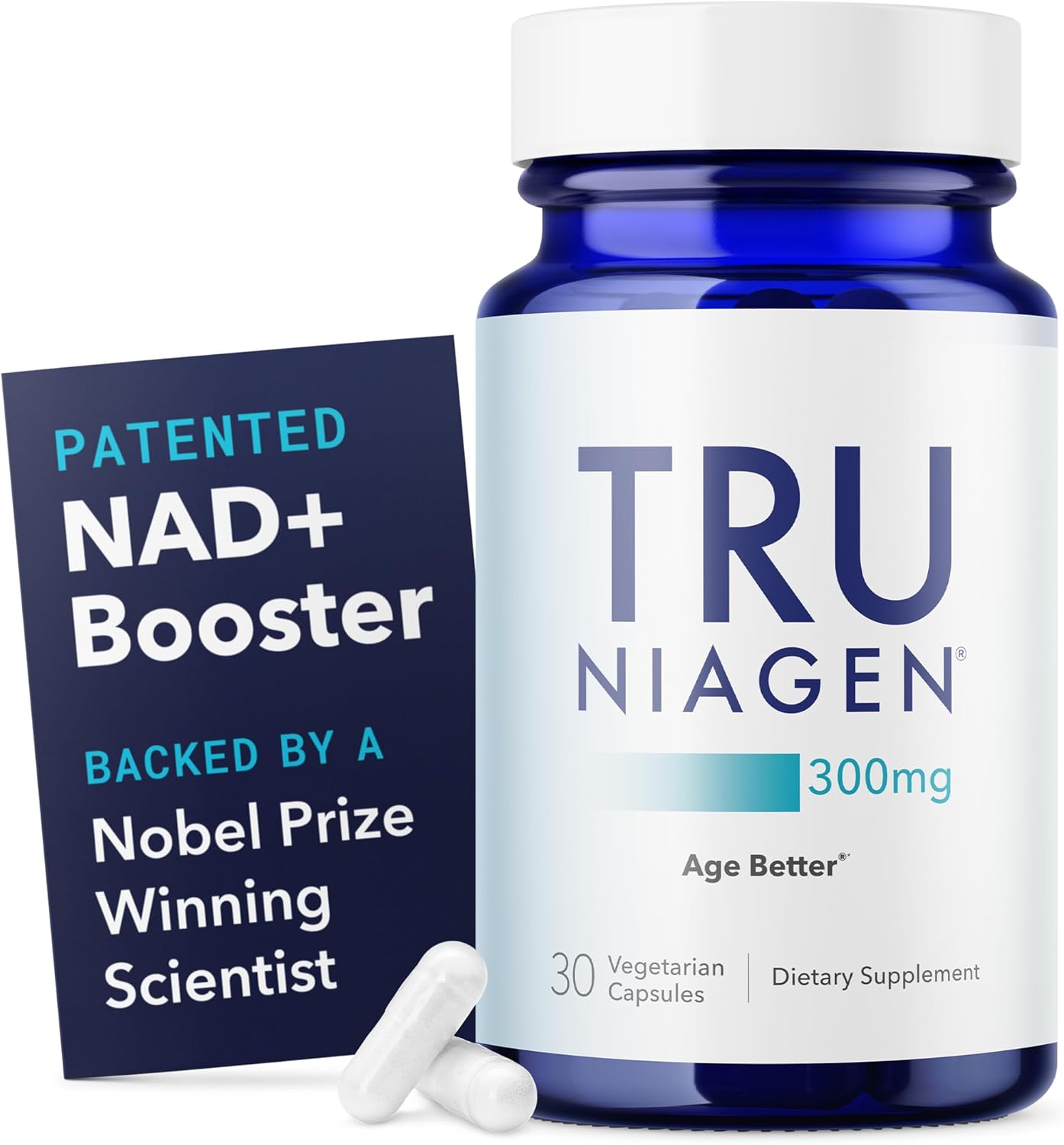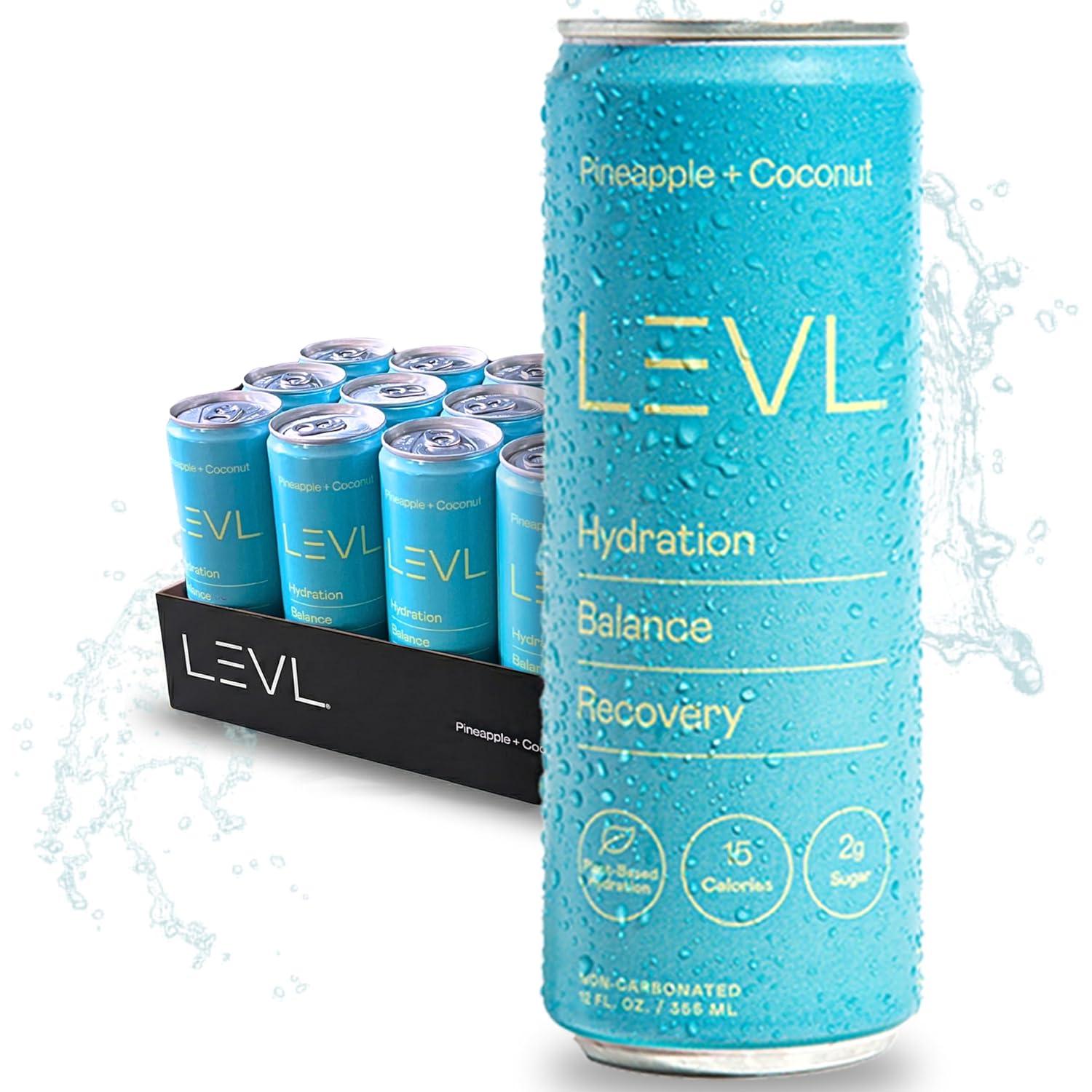In today’s fast-paced world, maintaining health and vitality is more important than ever. Stress, fatigue, and environmental stresses can take a toll on our well-being. Enter adaptogens—natural substances that help the body adapt to stress and promote balance. In this article, we’ll delve into the science behind adaptogens, explaining how they work, their benefits, and how you can incorporate them into your life.
What Are Adaptogens?
Adaptogens are natural, non-toxic plants and herbs that have been used for centuries in traditional medicine. They are known for their ability to enhance the body’s resistance to stress, helping to stabilize physiological processes. Common adaptogens include ashwagandha, rhodiola, ginseng, and holy basil.
The Mechanism of Action: How Adaptogens Work
Adaptogens operate through various mechanisms that affect the body’s stress response. Here’s how they work:
1. Modulating the Stress Response
When faced with stress, the body activates the hypothalamic-pituitary-adrenal (HPA) axis, which triggers the release of cortisol—often referred to as the stress hormone. While cortisol is necessary in short bursts, chronic elevation can lead to health issues. Adaptogens help normalize cortisol levels, preventing the negative effects of prolonged stress.
2. Enhancing Energy and Reducing Fatigue
Many adaptogens are believed to support mitochondrial function—the powerhouse of our cells. By enhancing energy production at the cellular level, adaptogens can help reduce fatigue and improve physical and mental performance.
3. Supporting Immune Function
Chronic stress can weaken the immune system, making the body more susceptible to illness. Adaptogens have been shown to bolster immune responses, improving the body’s ability to fight off infections and diseases.
4. Promoting Emotional Balance
Adaptogens may also support mental health by balancing neurotransmitters. For instance, rhodiola is known to elevate serotonin and dopamine levels, potentially reducing symptoms of anxiety and depression.
Benefits of Adaptogens
Incorporating adaptogens into your lifestyle can offer a myriad of benefits, including:
1. Stress Relief
By helping to regulate cortisol and modulate the stress response, adaptogens can promote relaxation and mental clarity.
2. Increased Energy Levels
Adaptogens such as ginseng can improve energy levels and enhance physical performance without the jitteriness associated with stimulants.
3. Enhanced Concentration and Focus
Adaptogens can improve cognitive function, helping with concentration, memory, and overall mental performance, which is beneficial for work and study.
4. Balanced Mood
With their potential to enhance neurotransmitter levels, adaptogens may play a role in stabilizing mood and reducing anxiety.
5. Better Sleep Quality
Some adaptogens, like ashwagandha and holy basil, are known for their calming effects, which can help improve sleep quality and combat insomnia.
How to Incorporate Adaptogens into Your Daily Routine
Incorporating adaptogens into your daily routine is simple and versatile. Here are some ways to get started:
1. Herbal Teas
Enjoy a soothing cup of herbal tea infused with adaptogens like ashwagandha or rhodiola. This can be a delightful way to relax after a busy day.
2. Smoothies and Juices
Add powdered adaptogens to your morning smoothies or juices for an energy boost. Products like mushroom powders, which include adaptogenic varieties, can enhance nutrient absorption.
3. Supplements
Adaptogen supplements are readily available in capsules or powders. Consult with a healthcare professional to find the right dosages for your individual needs.
4. Cooking and Baking
Incorporate adaptogenic powders into your cooking or baking. They can be added to oatmeal, yogurt, or baked goods for added health benefits.
Potential Side Effects and Considerations
While adaptogens are generally considered safe, some individuals may experience side effects or contraindications. It’s essential to:
- Consult with a healthcare provider, especially if you are pregnant, breastfeeding, or taking medications.
- Start with lower doses to monitor how your body reacts.
- Be aware that not all adaptogens work the same for everyone. What works for one person may not work for another.
Conclusion
Adaptogens offer a promising way to enhance health and vitality in our stressful lives. By understanding their mechanisms and benefits, you can make informed choices about incorporating them into your daily routine. Remember, adaptogens are not a cure-all; they complement a balanced diet, regular exercise, and healthy lifestyle choices. Always consult with a healthcare professional to ensure they are suitable for your specific health needs.
FAQs About Adaptogens
1. What are the most common adaptogens?
Some of the most popular adaptogens include ashwagandha, rhodiola rosea, ginseng, holy basil, and schisandra. Each has unique properties and benefits.
2. How long does it take for adaptogens to work?
The effects of adaptogens can vary from person to person. Some may feel benefits within a few days, while others may need several weeks of consistent use.
3. Can anyone take adaptogens?
Most people can safely use adaptogens, but it’s crucial to consult a healthcare provider if you have underlying health conditions or are taking medications.
4. Are adaptogens safe for long-term use?
Many adaptogens are considered safe for long-term use, but it’s advisable to cycle them and take breaks to prevent tolerance buildup.
5. Do adaptogens have any side effects?
While generally safe, some individuals may experience mild side effects such as digestive disturbances or altered sleep patterns. Monitor your body’s response and consult a healthcare professional if needed.





